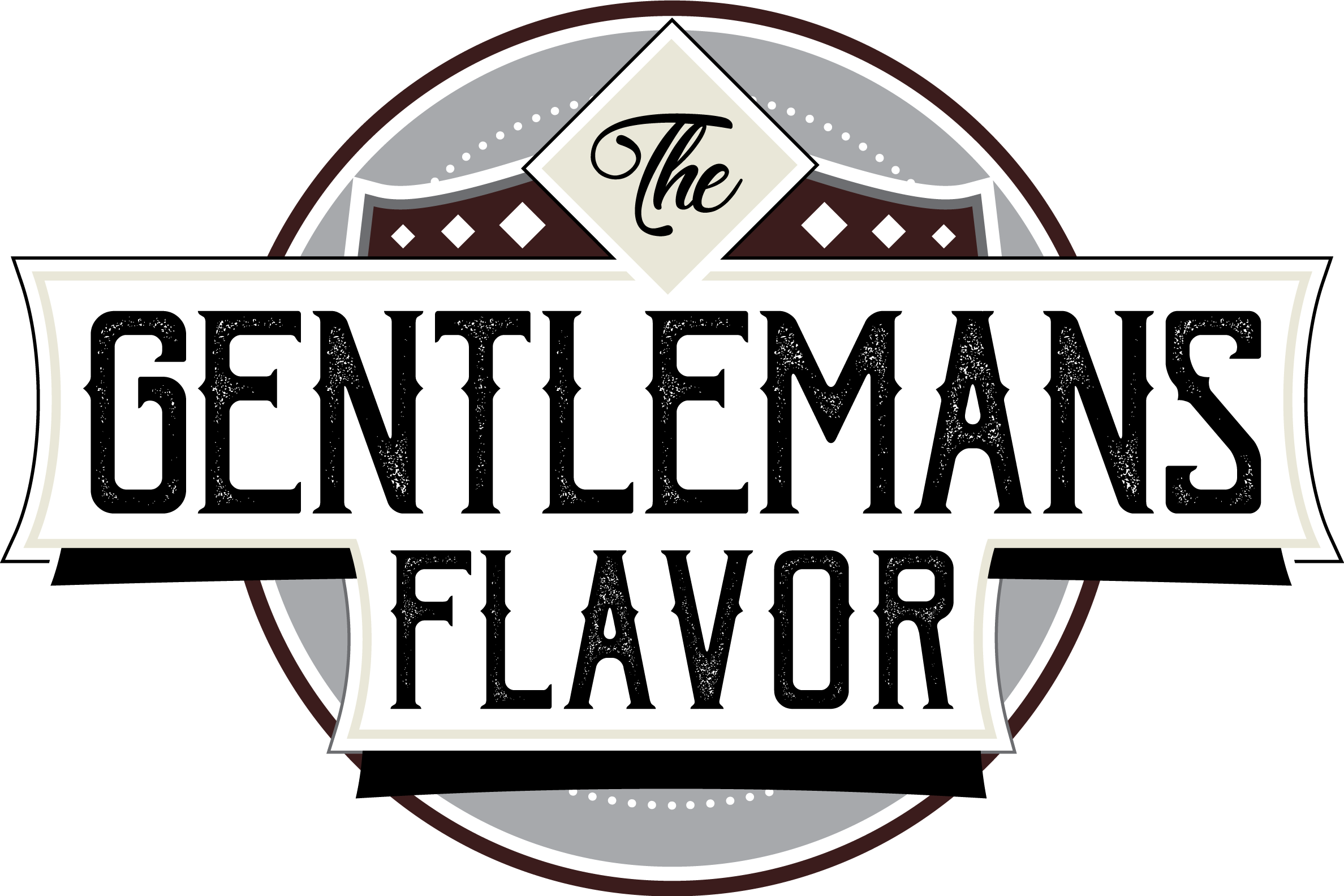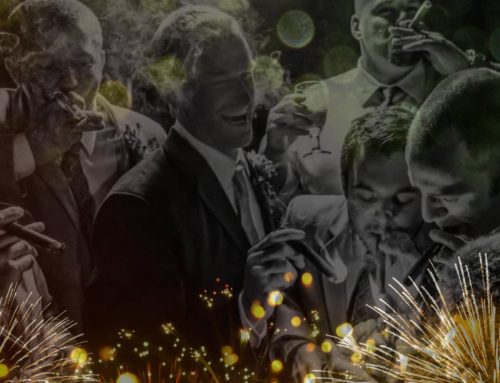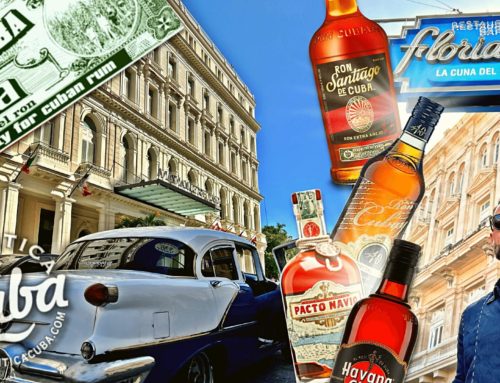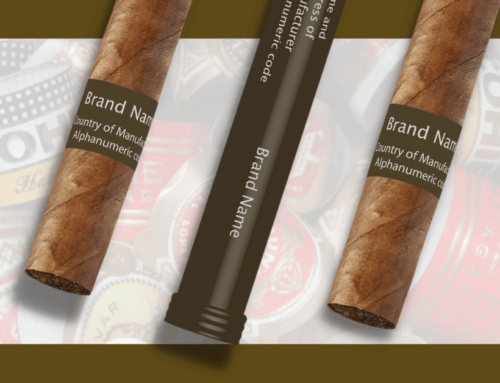We often want what we can’t have.
When it comes to desire, there’s the potential to be left disappointed – even heartbroken. To protect ourselves, we may at times choose to speak ill of that in which we secretly desire in an act to safeguard ourselves against further disappointment.
In speaking about cigars, this may at times hold true in regards to many American cigar buyers and their inability to purchase a Cuban cigar on home soil, which we find at times can result in a certain form of slandering and downplaying of the quality of Cuban cigars.
If you can’t get your hands on a Cuban cigar, choosing to perpetuate that they’re grossly overrated or even that they downright suck may be used to help you ease the frustration of the near-unattainability of such forbidden fruit. It’s kind of like calling a girl some derogatory word after she declines your advances.
Or maybe – just maybe – Cuban cigars really are overrated?
Let’s have a deeper look and outline the pros and the cons of Cuban cigars, shall we?
A BRIEF HISTORY
I won’t dig too deep into the history between the U.S. and Cuba and the long standing embargo that has been in place since the late 1960’s – you’ve got history books for that. It is however believed that shortly before the authorization of the trade embargo with the communist island state, then U.S. President John F. Kennedy asked his Head of Press and fellow cigar smoker Pierre Salinger to obtain ‘1,000 Petit Upmanns’ on February 6, 1962, as they both knew they would be unavailable very, very shortly.
JFK decided to stockpile them just prior to making Cuban cigars completely contraband to his entire nation. Like former English Prime Minister Winston Churchill before him, President Kennedy surely must have known a good cigar when he saw one, right?
Decades later in 2014, President Obama eased restrictions (ever so slightly), enabling Americans to purchase Cuban cigars when out of country and bring up to 100 home for their own personal enjoyment. Importing them for resale within the United States however, has remained strictly verbotten, leaving most American enthusiasts still completely empty handed when it comes to Cuban cigar brands. Laws tightened back up under President Trump again, reinstating restrictions on Americans being able to travel to Cuba.
Of course, buying Cuban cigars online is illegal too, so don’t even waste time attempting to.
In the US, Nicaraguan, Dominican and Honduran cigars are a-plenty, but little to no Cubans can be found unless jumping a plane out of country or having a good friend mule some back home to the good ‘ol, US of A. This brings us to our main point. The inability of the average American cigar smoker to easily obtain Cubans seems to at times result in a possibly frustration-driven assertion that Cuban cigars are ‘overrated’ and inferior in comparison to cigars with other origins; the stuff that American enthusiasts have easy access to and a relative abundance of.
But when it comes to a Cuban, what are they really missing out on that they can’t find in another nearby nation’s cigar?
Like former English Prime Minister Winston Churchill before him, President Kennedy surely must have known a good cigar when he saw one, right?”
THE ARGUMENT AGAINST CUBAN CIGARS
The main argument rests in the idea that Cuban cigars often suffer from poor quality control and frequently wind up faulty when in the hands of the consumer. Due to Cuba’s state-ownership of all factories, the average Cuban worker has no little to no desire to strive for any advancement. This may result in sub-par quality control of the cigars that get churned out in Cuban factories when held in comparison to the ones from say, Nicaragua for example.
Here’s the scenario: a Cubano worker shows up to roll his (or her) say, 200 cigar daily minimum in a rushed or at times careless manner and then swiftly leaves (pun fully intended) once he hits his quota, giving little care to the true quality of his rolling. He is essentially just there for employment sake. This popular opinion does hold water to a certain point, as there is unquestionably quality control problems within a command economy like Cuba, which can result in finished cigars that may have an uneven burn, be plugged or may potentially exhibit both flaws simultaneously when being smoked. Other visible defects are known to exist include: inconsistent band placements, cigars being too tightly packed into a box, cigars that are too bumpy and toothy; and the list goes on.
Despite all this, American cigar smokers do occasionally manage get their hands Cuban cigars. Much to the chagrin of others around them, some choose to flaunt and incessantly ramble on over their luxurious Cuban cigar – how wonderful it is and how privileged they are to be in possession of it. There certainly seems to be a sort of romanticism associated with these hard to attain cigars from this little island most Americans have never seen – as if a Cuban cigar is some sort of elevated cigar status symbol.
But is it?
Among the major non-Cuban cigar companies out there, many of the best were established by Cuban families that had fled after the embargo to set up shop abroad and continue the tradition of cultivating tobacco and producing cigars just like they did back in their Cuban homeland. This is why there is unquestionably incredible cigars to be found outside of Cuba and one could easily survive on a lifetime of smoking non-Cuban cigars. Given the flexibility and freedom to be innovative and think outside the box, one could possibly say that the art of cigar making has been perfected outside the communist-run confines of Cuba.
What appears to make a Cuban cigar stand out from the rest is the quality of the leaves, the history of its cigar makers and the country of origin.”
AN ARGUMENT FOR CUBAN CIGARS
If you come across a high end cigar lounge abroad, chances are they stock mostly Habanos Cuban cigars. With the exception of the occasional Davidoff, Arturo Fuente or an insanely-priced exclusive Gurkha (yes, the most expensive cigars in the world are actually made by Gurkha), Cubans are often perceived as the most luxurious and renown cigar brands worldwide.
To illustrate this point, let’s draw a comparison using Scottish whisky as an example:
Though there are indeed truly wonderful single malt whiskies that are distilled in nations like England, Japan, Ireland, Canada, even India – the most revered single malts all hail from Scotland. So much in fact, that they are the only ones to be legally referred to as ‘Scotch’. Scotland is the land where the spirit’s origins of commercial production first began in the 1400’s, long before other nations followed suit with the aim of replicating the wonderful Scottish elixr. Over the years, many countries have unquestionably done a wonderful job (Japanese being our favorite non-scotch varieties) at being practically as smooth and approachable as any single malt from Scotland is.
One could easily enjoy a lifetime of drinking exclusively single malts from outside Scotland.
However despite all this, there is still simply something inherent about whiskies from Scotland that make them widely viewed as the finest and most celebrated in the world, largely as a result of their time-honored distilling practices and the land it’s mash and water come from.
This brings us back to Cuban cigars.
What appears to make a Cuban cigar stand out from the rest is the quality of the leaves, the history of its makers and the country of origin. Like single malt Scotch whisky – or even French wines – cigars of Cuban origin are typically seen as the de-facto premium type in the world, largely as a result of their centuries-old, time-honored cultivating practices and most importantly – the specific regions where the tobacco is grown. Commercial production of cigars first began in Cuban as early as the 1700’s.
Tobacco negro Cubano (Cuban Black Tobacco) has long been considered the most premium tobacco in the world because of the unique growing conditions within a few regions of the island – most particularly the Vuelto Abajo and Pinar del Rio regions – where it is said that the lithium-rich soil is the world’s most ideal for growing and cultivating tobacco.
It is this tobacco that is reserved for Cuba’s most premium cigar brands such as Partagas, Montecristo and Cohiba to name a few, and is said to be the key ingredient to set Cuban cigars apart from the rest of the tobacco world at large.
CONCLUSION
Cuban cigar envy may very well exist. Given their international acclaim, there is unquestionably a certain appeal to smoking a handmade cigar from the land that is said to historically cultivate the world’s finest tobaccos, especially if laws prevent you from easily obtaining one.
Cuba’s rich history is intertwined with a deep love of tobacco and has spawned generations of cigar families. Despite this, Cuba’s communist system has at times proven to hinder its cigar making process and has potentially created an opportunity for cigar makers in other countries to enhance and improve upon the ways to make a cigar as a result of their creative freedom and desire to strive for greatness.
Most Americans have never been to Cuba. Though Cuban travel is possible, it is quite a complex process to actually pull off, cigar lover or not. Thankfully, one can unquestionably enjoy a lifetime of smoking non-Cuban cigars if need be. However, there’s hope for an eventual dismantling of the economic sanctions that to make Cuban cigars legal in the US just like the rest of the world.
One day the average American cigar enthusiast will no longer have to go without experiencing the unique pleasure that comes with smoking with a fine, hand rolled, time honored Cuban cigar.
-Kurtis B
For details on the laws surrounding bringing back Cuban cigars from Cuba or a third-party country, click here.













